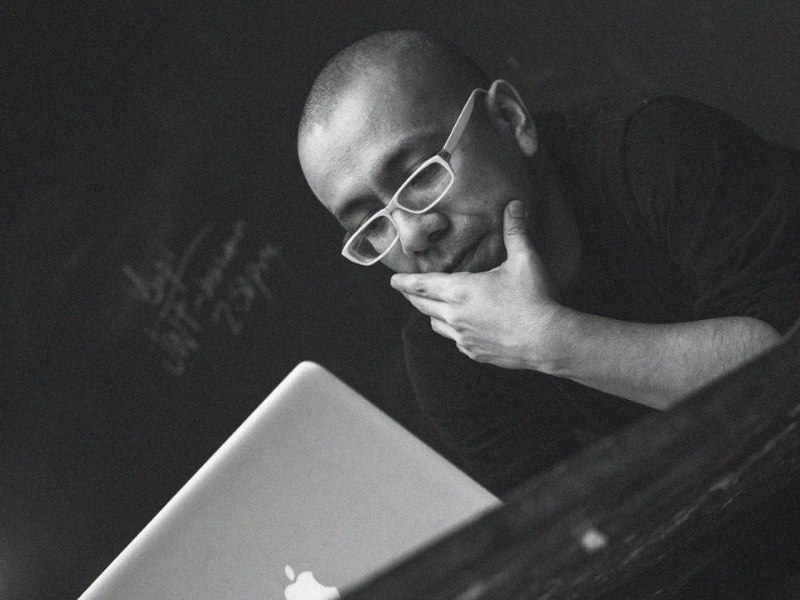Source: Fast Company
Author: Sonny Garg and Sudhir Venkatesh
Consider these career shifts: An investment banker quits to start a new social media platform. A tech entrepreneur gets a Ph.D. and becomes a professor. And, a Pulitzer Prize-winning journalist resigns to take the reins of a small nonprofit. Each person left a great job at the height of their career, with perks, benefits, and a path to financial independence, to explore an entirely new passion. They did it at great risk to themselves and their families.
We call this path “radical reinvention,“ because it is unexpected and risky. For the past year, we’ve been speaking with Radical Reinventors at various stages of their journey. We started with a few dozen people but our list has quickly mushroomed as we meet successful professionals, across nearly every industry, reinventing their personal and professional selves.
We think this is a growing trend. But it should be distinguished from other forms of quitting that get lumped together in discussions of the Great Resignation. Unlike earlier points in one’s career, or retirement at the end, there is not a wealth of support and services, from LinkedIn communities to headhunters and coaches, for this journey.
For this reason, we believe there is a real opportunity to build a new kind of professional community. If you are thinking of leaving your career behind, just when you’ve reached your own mountaintop, we suggest asking a few questions before you make the leap. Doing so may help you turn the inevitable challenges into attractive opportunities.
1. Can you accept and own your unhappiness?
Radical Reinventors get good at embracing their unhappiness. It can take a while to acknowledge and accept discontent, so be patient. Only by believing you deserve to live better will ideas start to drive action on a new path.
Perhaps you find yourself saying things like, “I know I should be able to handle it . . .” “I’m almost embarrassed to admit what bothers me . . .” “I don’t even know if it’s worth talking about it, since I know I can do better . . .” When in distress, it is difficult to admit we are not happy, that we’ve tried our best, and it isn’t getting better. Without taking time to accept you deserve better, you may end up just replicating your discontent somewhere new. Which leads to our next question:
2. Are you mostly looking to get out . . . or is there also something you’d like to do next?
Distinguish push from pull factors. Many dissatisfied people actually love what they’ve been trained to do. But how and where they work is so intolerable that a radical professional change appears to be the only solution. This may only lead to a new job, with an unfamiliar and steep learning curve. It could even increase your unhappiness.
To start a new venture, you first need to break this cycle. Explore in detail what you don’t like about your current work. Do you want to work alone? Travel less? Have more flexibility? Those who make big changes become good at identifying exactly what they want to leave behind.
3. What do you need to succeed in your next professional pursuit?
Radical Reinventors can identify indicators or clues that let them specify what they like, need, and want to retain in their new role—what we call the “three T’s.”
- Tribe: Do you feel the people you spend your days working with (at your company, industry, and/or profession) really bring out your best? We are at our best in environments and with others who bring out our best. Radical Reinventors accept the need to find or build a new tribe that shares their perspective and values.
- Trajectory: Looking out at your career, is that a future that excites you and feels aligned with all your goals? Radical Reinventors love to talk about the overall lifestyle they want. Their new story is usually not phrased as connecting to family so they can crush it at the office. In fact, most have worked hard to rid themselves of the “work-life balance” mindset. This only reinforces the division between their professional and personal needs. Instead, they like to talk about a single, integrated quest for a full, meaningful life, with work being just one of the key ingredients.
- Theater. Are you wearing a mask now that doesn’t feel right? Is the person you feel yourself to be not who you are showing the world? Reinventors talk a lot about cultivating a new voice. They love to use metaphors of drama and plays and stages. You’ll hear them say, “I needed to figure out what part I wanted to play,” “I needed to change the script at work because it just wasn’t my voice,” and “I know work is always a kind of act, but I couldn’t put on that mask anymore.” It is based on the perception that the role you play can change over your lifetime—and that the voice that feels authentic yesterday may not tomorrow.
We believe these questions can help you avoid putting unnecessary pressure on yourself as you seek out your new vocation and purpose. Radical reinvention is a social process. The voice of reinvention rarely emerges in isolation or quickly, no matter how much pen you put to paper or ayahuasca you take. You will need practice, which means building a network of coconspirators and supporters who can help you find your real motivation. So, as you lean back and open your aperture, lean into others.
Sonny Garg is an executive-in-residence at University of Chicago’s Booth School of Business. His reinventions have taken him from the inner city to the C-suite of a Fortune 100 company to becoming a tech entrepreneur.
Sudhir Venkatesh is professor of sociology at Columbia University. He built and led research product teams at Facebook and Twitter, and now advises companies on research and strategy challenges.

